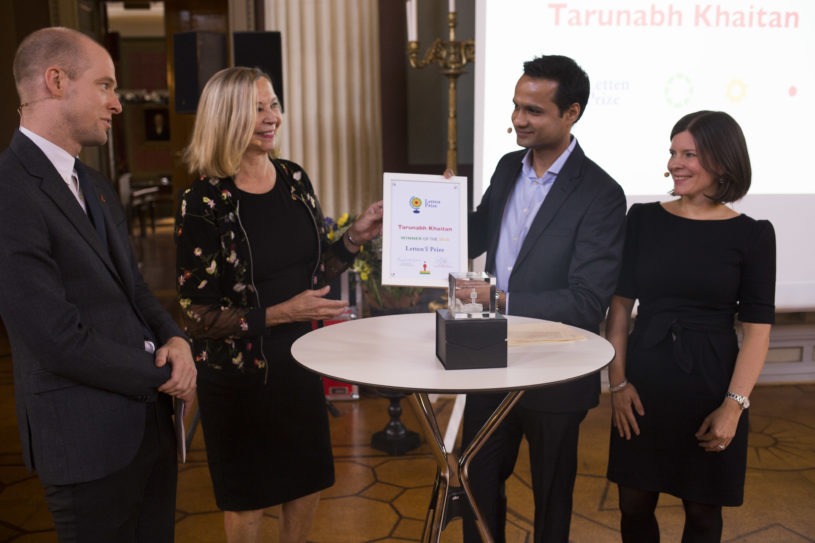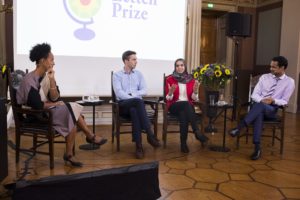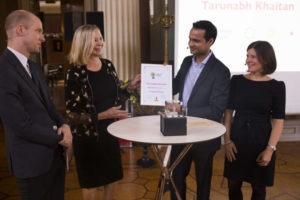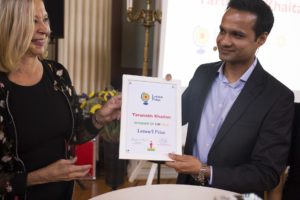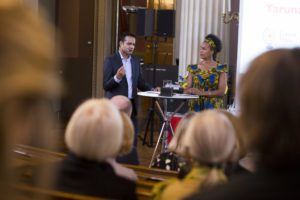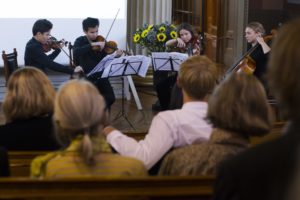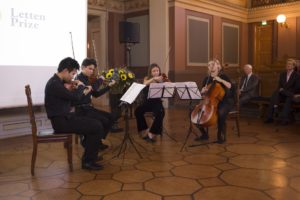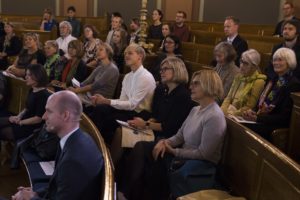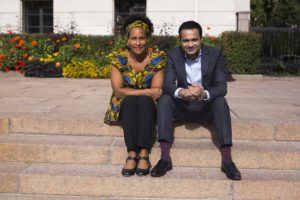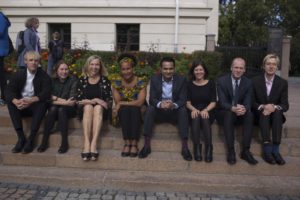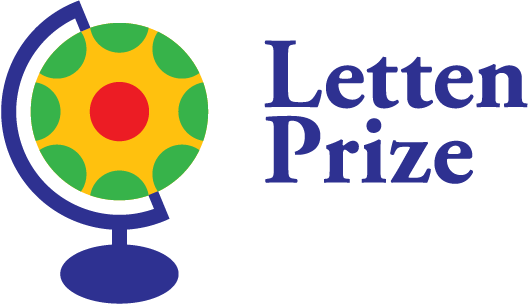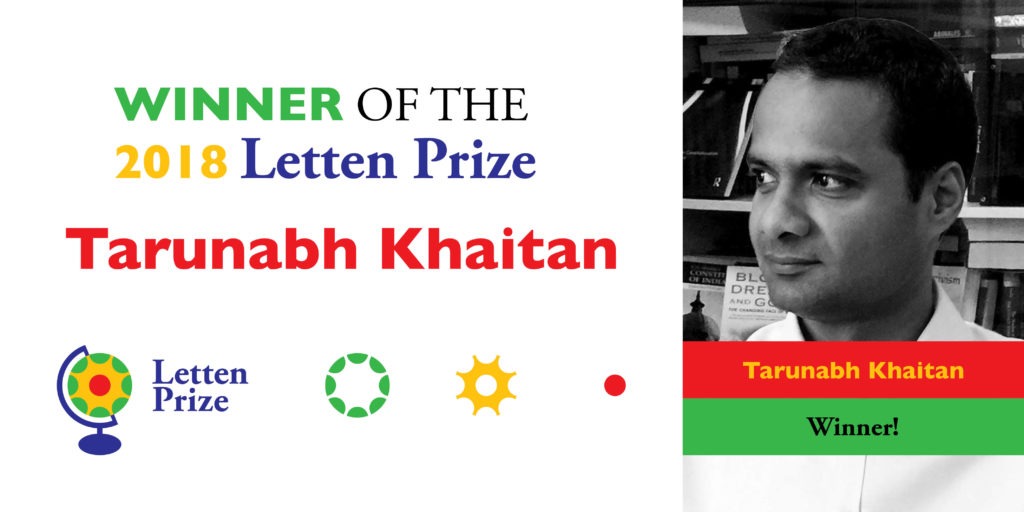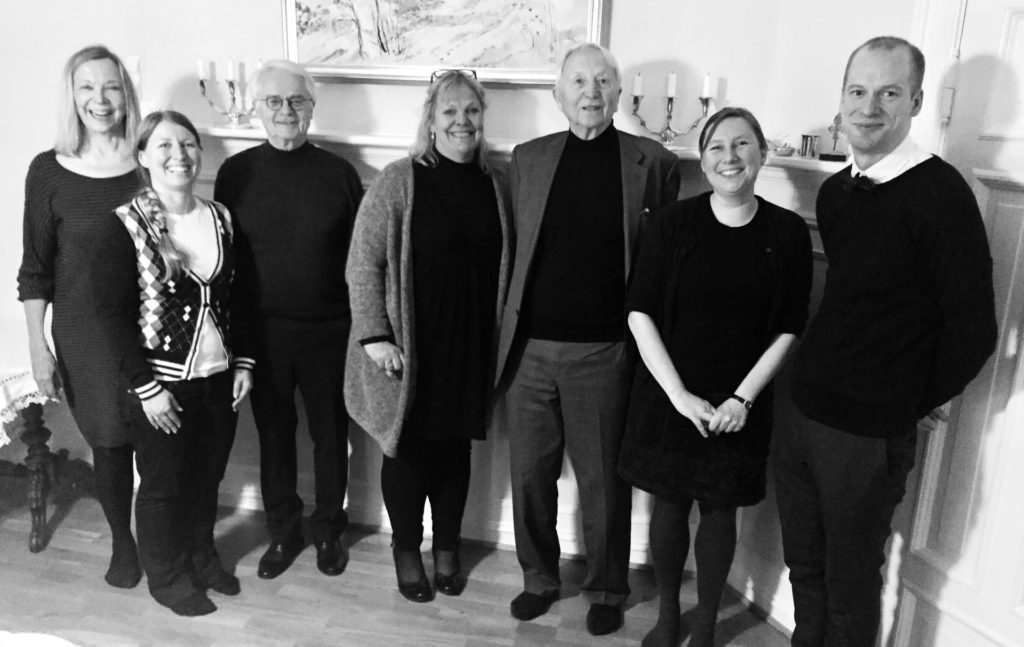12-13 September 2018 the Young Academy of Norway, the Letten Foundation and Centre for Development and the Environment, University of Oslo joined forces to celebrate the inaugural Letten Prize, awarded to Indian legal scholar Tarunabh Khaitan. Over the course of two days, a seminar on how research can solve global challenges and prize ceremony were held at the University of Oslo. A festive and colourful dinner at Hotel Continental marked the end of the very first Letten Prize Days. Member of the the Young Academy of Norway and the Letten Prize Committee, Katerini T. Storeng reports from the Letten Prize Days:
Major new Prize for young researcher awarded to Indian equality law expert
Tarunabh Khaitan, a lawyer from India, was awarded the Norwegian-based prize, worth 2 million NOK, or roughly 185000 GBP on September 13, for his contribution to addressing the structural inequalities that undermine social and economic development.
Khaitan´s work was cited in the Indian Supreme Court’s recent historic judgment decriminalizing gay sex, repealing a law dating from British colonial times.
This is one example of how his work has contributed directly to changing the interpretation of discrimination and minority rights, with implications beyond the LGBT community to other minorities discriminated on the basis of religion, caste or gender.
“It makes you proud to be Indian when your institutions do the right thing,” he told his audience at an award seminar in Oslo last week, commenting that he couldn’t have written the judgement better himself even if he had tried”.
The implications of this ruling extend far beyond India, however, not least to all the other Commonwealth countries that are still grappling with the consequences of an inherited British Penal Code that is inherently discriminatory.
Mirroring the unsung heroes of international development
In many ways, Khaitan´s story mirrors that of a great many other unsung heroes of international development: Growing up in small-town, India, Khaitan’s life might have turned out very differently were it not for a serendipitous exposure to unwanted prospectus for law school that opened up a window of opportunity for addressing the stark inequalities of Indian society – a country where wealth is highly concentrated and discrimination in private employment and housing is legally permitted.
Today, Khaitan is Associate Professor of Law at Oxford, currently on leave to work at the University of Melbourne. Researching across the fields of law, political philosophy and ethics, he is a distinguished academic, recognized for his work on discrimination law. However, as a member of the Letten Prize selection committee, what impressed me most about Khaitan was his strong commitment to not only to understanding, but also to combatting the mechanisms that propagate violence and discrimination based on gender, sexuality, religion and caste.
One of the things that marks Khaitan’s work out is the way in which he has consistently engaged with civil society, politicians and other lawyers. He has helped to shift the conversation on discrimination in India and beyond, and demonstrated what academic research with societal relevance can look like. This is exactly the sort work that the Letten prize was established to support.
A prize for excellent research with societal impact
The prize itself is a novel initiative by the Young Academy of Norway, of which I am a member, and the Letten Foundation. It seeks explicitly to recognize the contribution of younger researchers in addressing global challenges across the fields of health, environment, development and equality. In doing so, it honours the legacy of Letten Saugstad, a Norwegian doctor and researcher who, until her death in 2014, fought for her conviction that health, environment and equality in all aspects of human life is key to a sustainable development and a better future for all.
As this year´s awardee, Khaitan was selected from among over 200 candidates – young researchers representing every continent and academic disciplines ranging from chemistry to anthropology. Unusually, because this new global prize will be distributed bi-annually, Khaitan will return in two years, at the moment of the next award, to report on what he has been able to do with the award.
Prize to be used to launch the ‘Indian Equality Law Program’
Khaitan will use his prize to launch the ‘Indian Equality Law Program’ at the Melbourne Law School, with an agenda for research training, engagement and dissemination. As Khaitan wrote in his motivation letter for the Letten Prize, India’s democratic institutions, albeit flawed, offer the possibility of change. By training a critical mass of equality scholars, the program he envisions can create a real impact.
The Letten Prize committee hopes that this, and the other awards it seeks to make, will raise public awareness of how research can be used to solve global human development challenges like the ones Khaitan has been addressing in his work.
***
Want to find out more?
Check out:
- Op-ed Tarunabh Khaitan – et eksempel på at forskning er mer enn tellekanter in Khrono
- Interview with Tarunabh Khaitan on forskning.no
- Young Academy of Norway teams up with Letten Foundation
- Letten Prize webpages
***
All photos by Øyvind Aukrust



